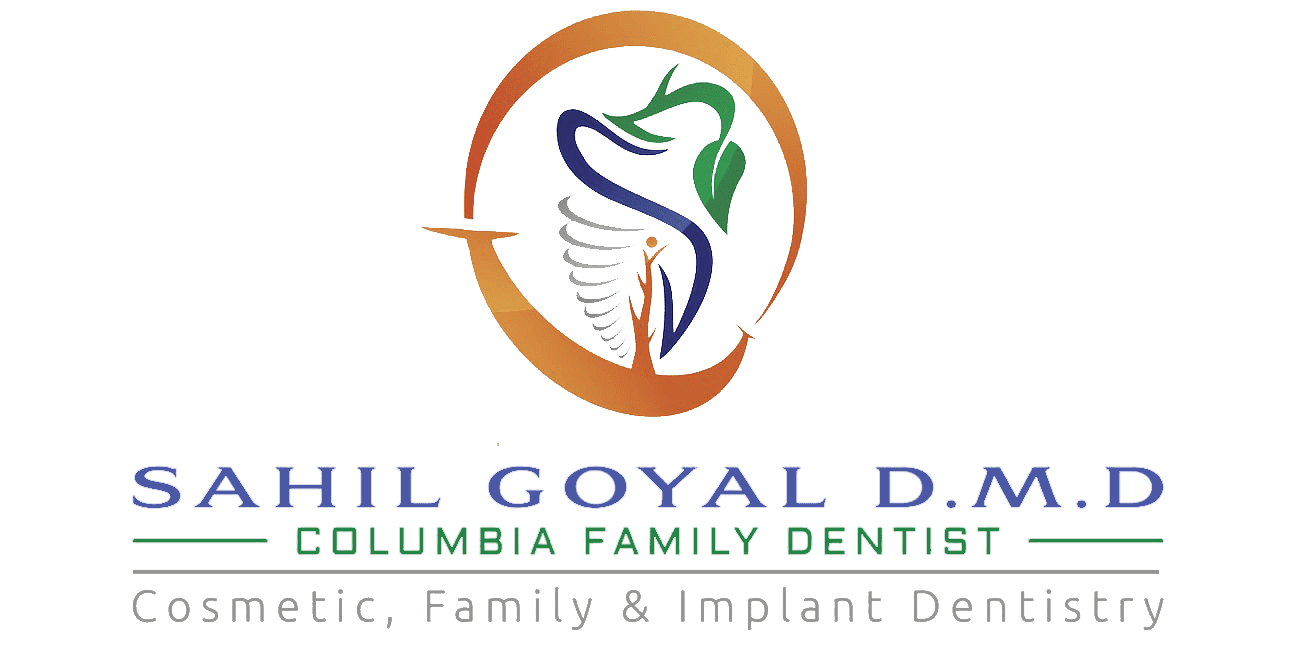Sleep apnea is a disorder in which breathing is disrupted during sleep. This condition affects the respiratory system, but treatment can be found outside of your general practitioner’s office. Many dentists are qualified to treat sleep disorders, too, including sleep apnea. Here, Dr. Sahil Goyal, a dentist in Columbia, MD, describes what to expect from sleep apnea treatment from your dentist.
How do I know if I have sleep apnea?
Because sleep apnea symptoms occur when an individual is asleep, it can be difficult to recognize that you are experiencing this disorder. Patients with sleep apnea suffer periods of cessation in breathing when the tissue in the back of the throat collapses and blocks the airway.
Your partner may notice that you snore loudly or stop breathing for brief moments in your sleep. You may experience drowsiness during the day or headaches due to a lack of good quality sleep. Some patients also gasp awake during the night. If you recognize these symptoms, you should schedule an appointment with a medical professional.
What can I expect from dental sleep apnea treatment?
Patients with mild or moderate sleep apnea symptoms can receive an oral appliance from their dentist to be worn during sleep. Your dentist will make an impression of your teeth that will be used to create a mouthguard customized to fit your mouth. The appliance will align your jaw into a better position so that your airway will remain open as you sleep. Because the appliance is custom-made, you can be sure it will be comfortable and secure in your mouth.
Are there risks or side effects?
Sleep apnea interferes with sleep, which can lead to deteriorating mental and physical health if the condition continues untreated. Specifically, disrupted sleep and breathing interruptions associated with sleep apnea can increase the risk of cardiovascular disease and cognitive impairment.
Many doctors treat sleep apnea with a CPAP machine. This device maintains constant pressurized air that travels through a filter to a mask attached to the patient’s mouth or nose. The device can be uncomfortable and loud, leading patients to either continue disrupted sleep or avoid using the device as prescribed. Both of these situations mean that the health risks of sleep apnea remain unchanged.
The comfort and discretion of an oral appliance mean patients are more likely to use it and have little difficulty falling and remaining asleep during the night. Patients should contact their dentist if they experience slippage of the device or other fitting issues.
Sleep apnea treatment in Columbia, MD
Dr. Goyal provides sleep apnea treatment to patients in Columbia, MD. Our practice also offers cosmetic and restorative dentistry along with other general dental services. To schedule an appointment with us, contact our office online or reach us by phone at 410-670-8211.
